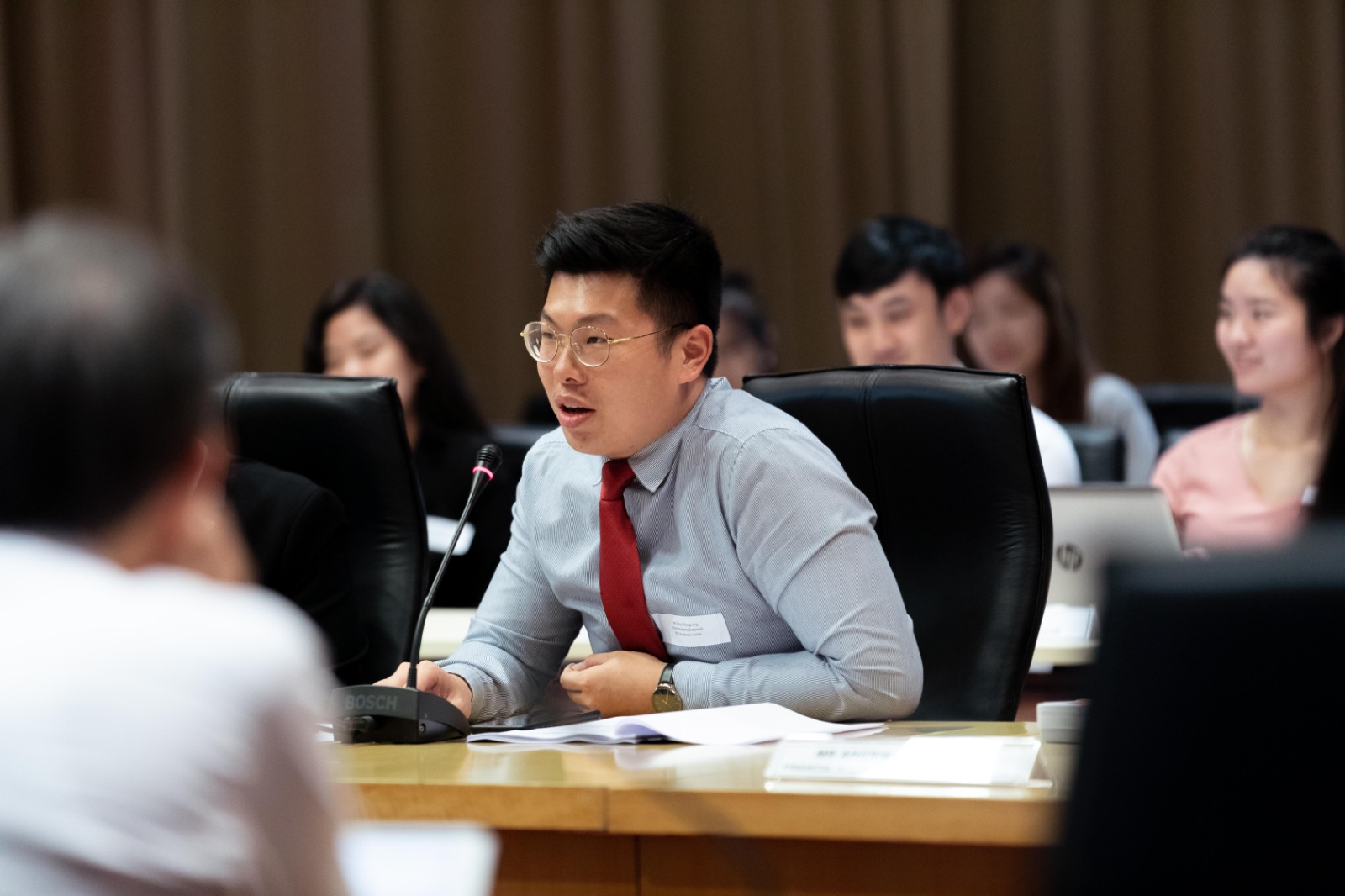
11 December 2020
In a corporate setting, the concept “Legacy-Driven Mindset for Success” has been adopted by leaders and executive career coaches. How can the Office of Student Affairs (OSA) pursue this same mindset when developing student leaders?
First, let’s dissect what exactly this profound concept tells us. The Cambridge Dictionary defines legacy as “a situation that has developed as a result of past actions and decisions”.
Leadership transition from one administration to the next is deemed high-stake, but may be overlooked by student leaders. More often than not, student leaders find themselves learning from scratch. How can OSA help our student leaders to be effective? How can we turn mistakes into lessons?
Insights from the Legacy Survey
To better understand our students’ leadership experience, OSA ran a month-long survey in September 2020. The survey, named “Legacy”, polled students who held a position of leadership in an official student organisation in the last Academic Year. These positions include President, Vice President, Communications/Publicity Secretaries, Finance Secretaries among others. The survey was designed to solicit ideas on how the University’s support systems can improve to provide student leaders with the resources to lead their organisations effectively.
Leading the Legacy Survey is OSA’s Student Leadership and Development unit. Said Mr Sean Tan, Head of unit: “We want to embrace the desire and aspiration of student organisations success, and we will work more closely with student leaders to shape and enhance life outside of the classroom.”
Responding to the Legacy Survey, students suggested the set-up and cultivation of a formalised network of leaders for the purpose of collaboration opportunities. For instance, two different but like-minded student groups coming together to organise a charity event.
Mr Chua Cheng Ling, Vice President (Strategic Planning and Relations), NUS Students' Union (AY19/20), welcomed the idea of a network of leaders. He believed that a better student experience for all require a concerted effort by the student leaders.

Chua Cheng Ling (in focus) speaking at the NUSSU-University Management Dialogue 2019. Photo Credit: NUS Students' Union (NUSSU) Videography & Photography Committee
“Student success will be a motivator for Student Leadership & Development unit to further develop our leadership development programmes including designing a student leader roadmap for students who demonstrate interest to pursue official leadership appointments in their CCAs,” added Sean.
Indeed, the student leadership landscape is changing. OSA will see the formation of new initiatives in Academic Year 2021/22.
“Soft skills must be taught and experienced."
- Chua Cheng Ling
New Student Leadership Initiatives in 2021
The unit plans to “continue small and personalised engagements with student organisations” as well as to “develop tools and resources that will value-add to the development of student leaders,” said Ms Siti Aidawani (Aida), OSA Staff Advisor to student organisations. Aida, who oversees three student groups, including NUS Students’ Cultural Activities Club and NUS Graduate Students’ Society, will look into a suite of trainings for students.
OSA will introduce self-directed learning in a variety of options including transferrable skills. Students can expect a collection of hard skills such as event management and marketing skills. There were suggestions from students for the provision of soft skills and professional development programmes which will complement their resumes.
Cheng Ling opined: “Soft skills must be taught and experienced. Trainers can impart knowledge and share good practices to students. But teachings must be accompanied by actual on ground experiences. This is because there are certain nuances in leadership that cannot be taught, so students need to accumulate these experiences to refine their leadership as well as their character.”
Students also want to see more engagements with their seniors and alumni at training sessions. They suggested the use of ‘application-based training’ whereby scenarios are used to present a real-life situation that illustrates a concept or process. For instance, at a Personal Data Protection training, the trainer can explain how students need to seek the consent from the participants to use data for event-related purposes.
For now, if you are a current student leader and want to be part of a legacy, let us offer you one tip – invest in your juniors, and encourage those you develop to pass on everything they learn from you to others who will do the same.
| About NUS Student Leadership |
| Keen to find out more on Student Leadership? Visit here. |

